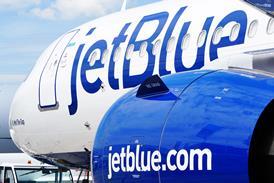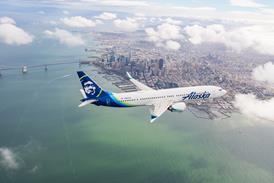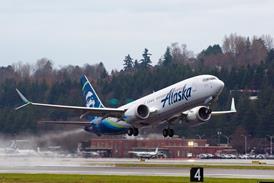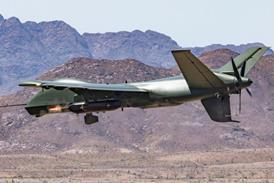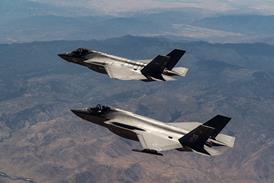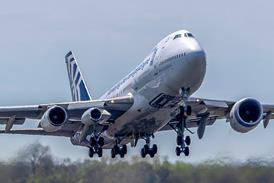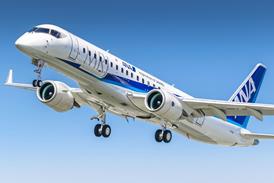Virgin Atlantic has disclosed plans to take delivery of four Airbus A330-200s this summer, citing shortages of the Rolls-Royce Trent 1000 engines that power its fleet of Boeing 787-9s.
The UK carrier says one of the A330s (registered G-VMNK) has arrived at London Gatwick for "finishing touches" before service entry in March. Another two (G-VWND and G-VMIK) will join the fleet "over the next few weeks", and the fourth (G-VLNM) in spring.
Initially, the jets be used for flights from Manchester to New York, Boston, San Francisco and Barbados. They are configured with 287 seats: 19 fully flat beds in "Upper Class", 46 economy seats with extra legroom, and 222 standard economy seats. Premium economy cabins are to be fitted to the A330s "towards the end of 2018", says Virgin Atlantic.
It confirms that the aircraft are being leased, without specifying from where they have been sourced. Flight Fleets Analyzer lists BBAM as the manager of G-VMNK (MSN 403) and Deucalion Aviation Funds as the manager of G-VWND and G-VMIK (MSNs 432 and 476). These three aircraft were all previously operated by Air Berlin before flights under that branding ceased in October, the carrier having filed for insolvency in August.
Virgin Atlantic's executive vice-president for operations Phil Maher states that the A330s will add "resilience" to its fleet "in light of an industry-wide shortage of Trent 1000 engines used on our Boeing 787 aircraft".
Flight Fleets Analyzer indicates that Virgin Atlantic has 13 787-9s in service and two in storage, with another two on order.
In recent days, Boeing has confirmed it is working with Rolls-Royce on pervasive durability problems with a large subset of the Trent 1000 fleet that have grounded multiple 787-9s for long periods.
"All of the Rolls-Royce operators across the fleet have seen some of the wear-out issues in the Rolls-Royce engine," said Bob Whittington, Boeing's chief engineer for the 787 programme. Rolls-Royce, as engine manufacturer, has taken responsibility for the blade cracking problems, but the airframer remains involved.
The engine maker is designing a new intermediate pressure compressor (IPC) blade for Trent 1000 engines in the Package C configuration. The IPC blades came under scrutiny some 15 months ago after an engine failure on board a Scoot 787-9. Singapore's Transport Safety investigation Bureau found that two other shutdowns on Scoot 787-9s were linked to IPC failures probably caused by material fatigue.
Rolls-Royce has also, since 2016, been replacing the blades in the intermediate pressure turbine (IPT) module of the Trent 1000 after All Nippon Airways reported a series of engine failures. The engine maker traced the cause of that problem back to sulphidation corrosion cracking.
This article has been updated to identify the previous operator of the database-listed A330s
Source: Cirium Dashboard

